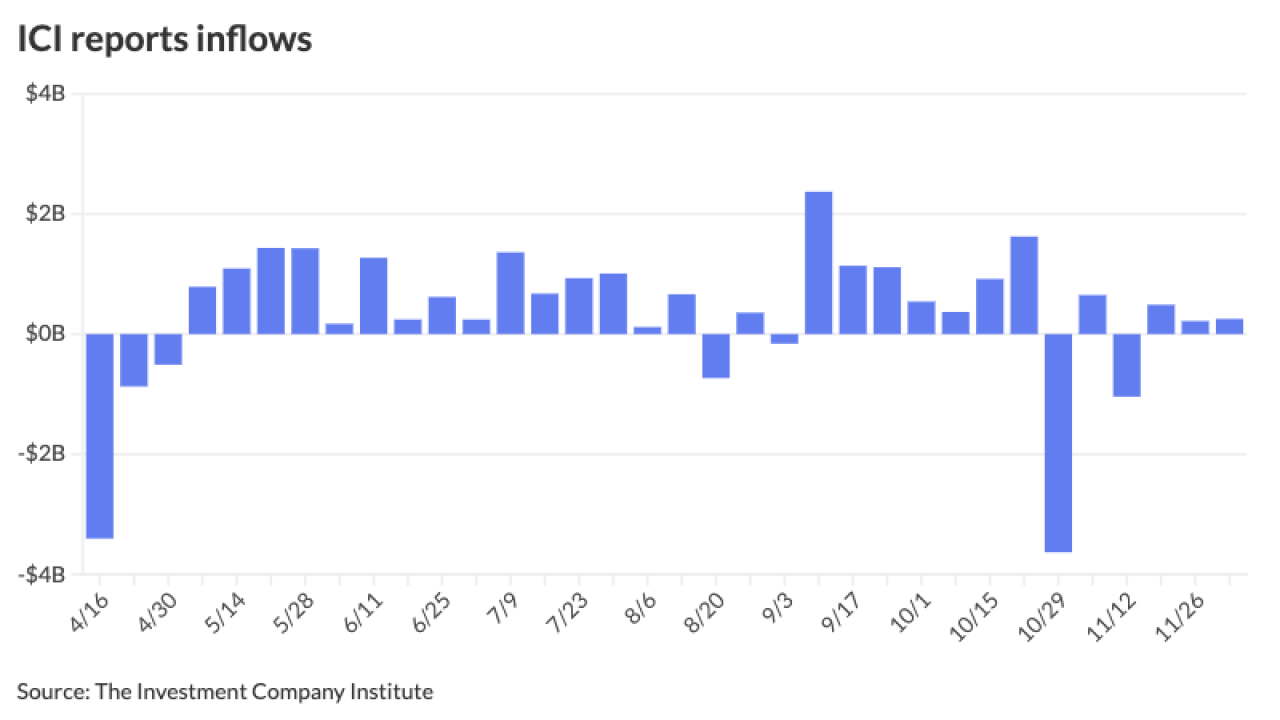The sale of a city-owned broadband provider in Burlington, Vermont, concluded a decade-long financial crisis that underscored the challenges of local governments trying to execute municipally run enterprises that compete against the private sector.
Vermont’s largest city closed on the transfer of Burlington Telecom in March to a unit of privately held Schurz Communications, helping it eliminate millions it owed to the company’s creditor for the failed partnership. The BT chapter, which began in the aftermath of voter approval in 2000 to provide alternative broadband service to Burlington residents, drained the city’s credit quality with six bond rating downgrades from 2010 to 2012 to the edge of junk.

“While some municipalities boast success with broadband ventures, Burlington illustrates the risks and credit challenges a municipality faces,” Moody’s Investors Service analyst Blake Cullimore wrote in an April 17 report. “The costs of developing and operating the Burlington system serve as an example of the price taxpayers bear when municipalities provide nonessential services that compete with the private sector.”
BT incurred serious debt soon after launching in 2003 and by 2009 Burlington officials learned that it would be unable to make payments on a $33.5 million lease with Citibank, who the city tapped to finance the service. Burlington used $17 million of its fund balance to pay Citibank, which the Vermont Public Service Board ruled in 2010 was a violation of its city charter. The missed payments resulted in Citibank filing a $33.5 million lawsuit against Burlington and BT in 2011 that was later
Cullimore noted that while Schurz’s purchase price was $30.8 million, the city will net around $7 million after various adjustments and factoring in funds to settle the Citibank litigation. Schurz, which will be added to Burlington’s tax rolls, will also pay rent on buildings the city retains ownership of where BT operates.
“The sale is a credit positive for the city because it eliminates substantial risk related to operation of BT, removes liabilities related to a lawsuit by Citibank and partially reimburses the city for expenses connected to the enterprise,” Cullimore said.
Moody’s downgraded Burlington to as low as Baa3 due largely to credit distress caused by BT before
“After years of work, today we have made good on all of the goals that we set out to achieve at the beginning of this process, which include restoring the City of Burlington’s financial health, recovering as much of the lost taxpayer funds as possible, and ensuring that Burlingtonians continue to benefit from high-speed fiber optic internet,” Mayor Miro Weinberger said in a statement when announcing the BT transfer on March 13.
Mayor Weinberger said in his April 1 state of the city address that improved credit ratings have netted more than $15 million of total interest savings and will enable more near-term borrowing to tackle building a new high school along with enhancing public infrastructure. The Democratic mayor has
The struggles Burlington and many other localities have faced with municipal broadband failures is contrasted by some success stories like in Longmont, Colo. The Denver suburb
Despite Burlington’s negative experience with its publicly funded broadband venture, Vermont is still actively exploring expansion of fiber optic networks. Legislation approved by the Vermont House of Representatives would promote both private and municipally owned broadband expansion. The bill, which is now being reviewed by the Vermont Senate Committee on Finance, would also seek to establish a Broadband Innovation Grant for feasibility studies in undeserved areas of the state and provide $10.8 million in loans for infrastructure to create new systems or expand existing networks.





